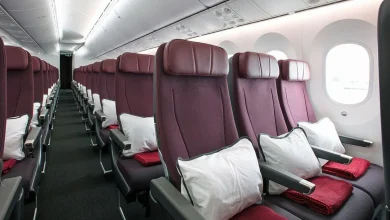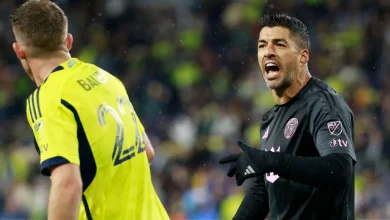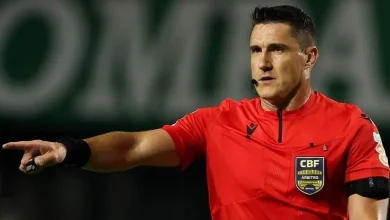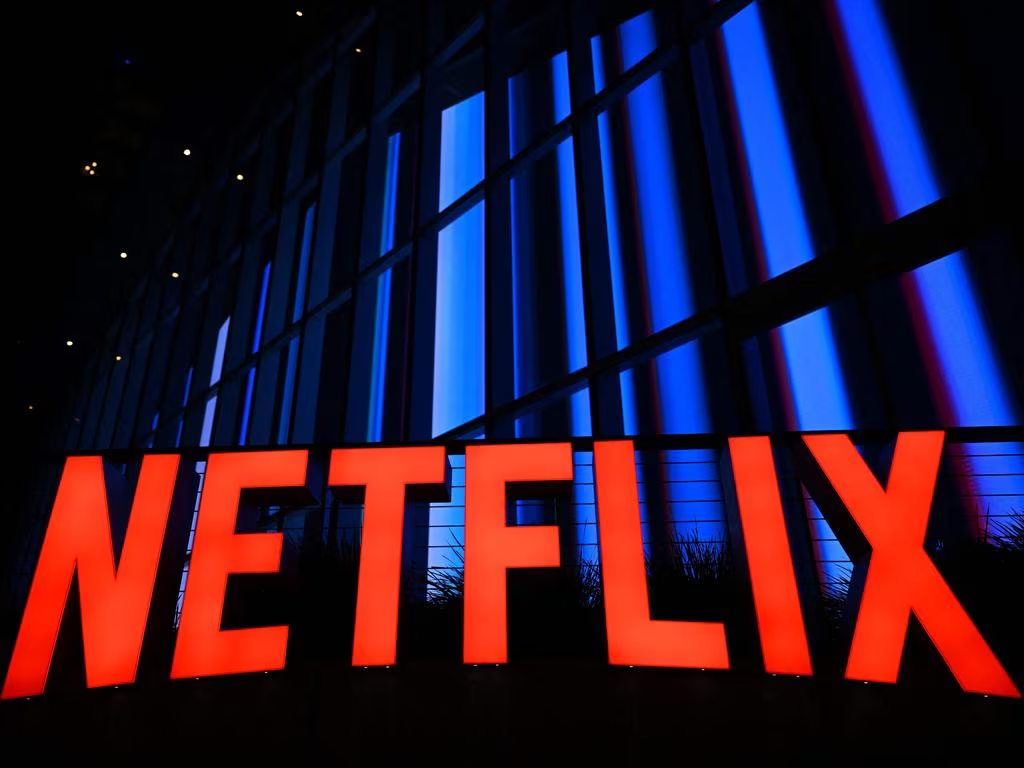Trends-AU
Qatar Grand Prix: Verstappen wins, Piastri second to ensure three-way title showdown
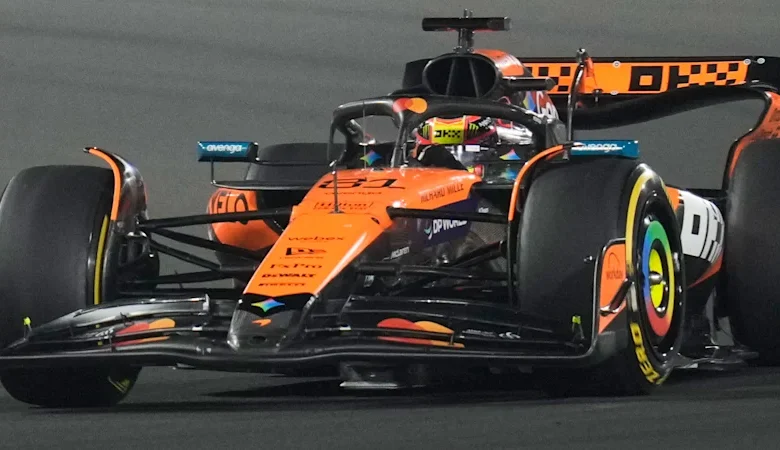
Max Verstappen won the Qatar Grand Prix for Red Bull on Sunday to take the Formula One title battle with McLaren’s Lando Norris and Oscar Piastri to a season-ending showdown in Abu Dhabi next weekend.
Briton Norris finished fourth, behind the Williams of Spaniard Carlos Sainz, with his lead slashed to 12 points as Verstappen’s third win in a row in Qatar moved him up to second in the standings.
Australian Piastri finished second, after starting on pole position and winning the Saturday sprint, and dropped to third overall and four points behind four-times world champion Verstappen.
The top three drivers now each have seven wins for the season.
Reuters

